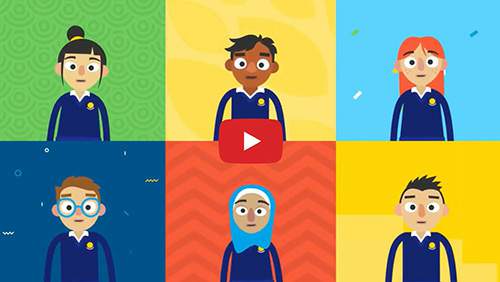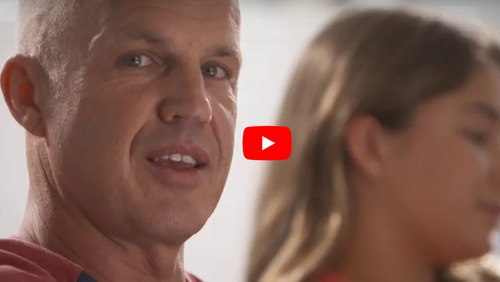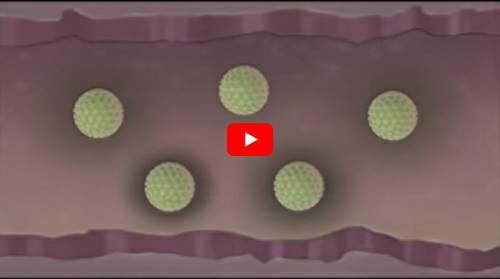Deciding to have the HPV vaccine
Evidence shows that the HPV vaccination is most effective and is recommended to be administered to children aged about 12-13. Children are offered the HPV vaccine for free through the National Immunisation Program’s school-based program.
Although the parent or carer signs the vaccine consent form, it’s important that children understand why they should have the vaccine and are actively involved in the decision making.
We recommend the following steps:
- Learn more about HPV and the HPV vaccine by exploring this website, watching the videos on this page or by talking to your doctor or immunisation provider.
- Talk to your child about having the vaccine and share some of the information from this website about HPV and the HPV vaccine.
- Read and sign the consent form to school.
- Prepare your child for having the vaccine.
Videos to help prepare your child for the HPV vaccination
The below videos are useful to help prepare your child to have the vaccination. It’s recommended you watch these videos together. Please note that these videos may not reflect recent changes to a one-dose schedule change for HPV vaccination. Please visit our FAQs to learn more about how many doses are recommended and why.
HPV vaccination for teenagers

HPV vaccine explained for parents and carers

How the HPV vaccine works

Explaining HPV to your children
If you’re a parent or carer, your child might ask you questions about HPV and the HPV vaccine which may lead to questions about sex and sexual health.
The Raising Children Network has information on how to have difficult conversations and discuss sex-education with your children.
Below are some useful talking points to help you explain HPV and the HPV vaccine to your child:
- HPV is a virus that can affect anyone who is sexually active.
- It is very common, and most people who are sexually active will have at least one type of HPV at some time in their lives.
- HPV is commonly transferred through skin-to-skin contact which occurs during sexual activity.
- HPV will usually go away by itself, but sometimes it can cause diseases including certain types of cancers.
- The HPV vaccination helps protect you against the types of HPV that can cause diseases and cancer later in life.
- The HPV vaccine works best when given at a younger age – this is why it’s given to 12–13-year-olds through the Secondary Schools Immunisation Program. The vaccine still works if you’re older than about 12-13, but it becomes less effective as you get older. This is why it’s important to catch up on getting the HPV vaccine at a younger age.
- The HPV vaccine is free for every Australian aged between 12 and 25.
- If you’re nervous about having the HPV vaccination at school, or you weren’t at school on the day they did the vaccinations, you can have the vaccine elsewhere. For example, at the doctors, at an immunisation clinic or sometimes at the pharmacist. For more information about this contact your relevant State or Territory Department of Health.
If you need more information, talk to your doctor or local immunisation service.
More information
For more information on supporting your child with their vaccinations, talk to your local immunisation service, doctor or other healthcare professional.